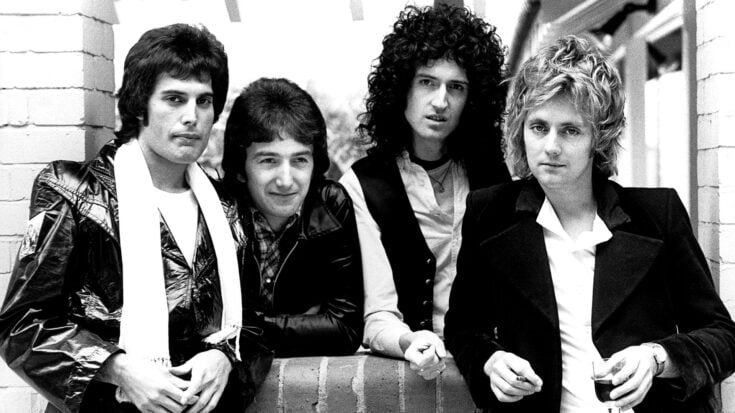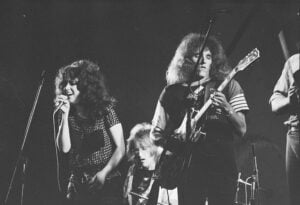On This Day in 1991: Freddie Mercury Died at 45, After Announcing His Condition Just One Day Earlier

Christopher Hopper; distributed by Elektra Records, Public domain, via Wikimedia Commons
Freddie Mercury’s death on November 24, 1991, shocked the world. At 45, the Queen frontman passed away at his home in Kensington from bronchial pneumonia, brought on by AIDS. Just a day earlier, he made a rare public statement confirming his illness—a secret he had carried for years.
A Sudden Announcement
On November 23, 1991, Mercury released a press note: “I wish to confirm that I have been tested HIV positive and have AIDS.” He added, “I felt it correct to keep this information private to date in order to protect the privacy of those around me.” This frank admission came after weeks of intense media speculation and gave weight to the rumors that had swirled for years.
In his statement, he called on his fans and the public to support efforts to fight the disease: “I hope everyone will join with me, my doctors and all those worldwide in the fight against this terrible disease.” He also reinforced his long-standing preference for privacy, saying that he had always avoided interviews.
View this post on Instagram
The Final Hours
Just 24 hours later, Mercury died peacefully at his home in London. His publicist issued a short notice: “Freddie Mercury died peacefully at his home. His death was the result of bronchio-pneumonia, brought on by AIDS.” The timing of his announcement and death had a profound impact on fans and the wider public, underlining how private his life had remained.
His passing came at a time when few global stars had gone public with the illness. In his final days, he avoided the public eye, more focused on his music than headlines. According to some accounts, he made arrangements for unfinished work, asking collaborators to complete songs after he was gone.
A Legacy Through Music
Mercury co-founded Queen in 1970, and through the band he delivered some of rock’s greatest hits—songs like “Bohemian Rhapsody,” “Somebody to Love,” and “We Are the Champions.” His voice, wide-ranging and powerful, carried both theatrical flair and raw emotion. After Queen, he also pursued solo work. His 1985 solo album, Mr. Bad Guy, showcased a more dance- and pop-oriented sound.
In the face of illness, he remained creative until the end. In interviews and memoirs, those close to him say he was still writing and singing, quietly planning how his art would live on. His announcement and death raised awareness and empathy, leaving a mark both for his music and for his courage in his final public act.












